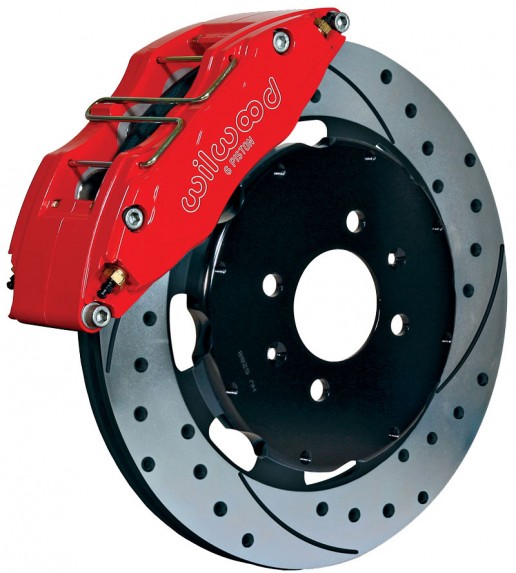BRAKES
FREEbrake checkson all models
BOOK YOUR BRAKES NOWEnter your reg and book online.
You entered wrong registration no.
No payment is taken online!
Why choose us?
- Manufacturer’s warranty protected.
- Manufacturers parts used.
- Manufacturer-trained technicians.
- State of the art diagnostic equipment.
- 99.6% positive feedback from 768 customers.
BRAKES
FREEbrake checkson all models
BOOK YOUR BRAKES NOWEnter your reg and book online.
You entered wrong registration no.
No payment is taken online!
Why choose us?
- Manufacturer’s warranty protected.
- Manufacturers parts used.
- Manufacturer-trained technicians.
- State of the art diagnostic equipment.
- 99.6% positive feedback from 768 customers.
BRAKE REPAIRS AT AUTOPFECT
Braking systems involve various parts working together to help you to stop and drive your vehicle in a controlled manner. the main parts of your vehicles braking system are master cylinder, servo, brake callipers, brake fluid and cylinders, disks, drums, pad and shoe.
All the parts are linked by a series of brake hoses and brake pipes containing brake fluid, so when you press down on your brake pedal the car slows down and stops. The rate at which your brakes slow the vehicle speed is determined by how hard and how long your brakes are applied via the pedal, and of course what condition your brakes are in.
Brakes are in use more often when driving around town and locally, rather than on motorway journeys, don’t forget that at any time you may need to use your brakes to stop your vehicle quickly in an emergency. So keeping an effective vehicle braking system is a main priority for every driver.
Regular brake checks are an important part of any vehicles maintenance plan. regular brake checks are a must, this provides the opportunity to restore the effectiveness of your vehicle’s braking system to its intended performance.
in the event of an accident caused by faulty brakes, the results of not maintaining an effective braking system could result in prosecution. Your vehicle will also fail its MOT test if braking efficiency is below the required standard.

Frequently Asked Questions
As a general rule of thumb, there’s about a 40,000-mile range in play. Average brake pad life is somewhere around 25,000 to 65,000 miles.
On many cars, the brake pad can be seen through the wheel. Look at it to determine its thickness. If it seems very thin, less than ¼ inch, it is likely in need of replacement.
If you have a question we have not answered, or you want to get in touch about one of our services, then simply fill out the form and we will be in touch with you.
[contact-form-7 404 "Not Found"]BOOK YOUR BRAKES ONLINE TODAYEnter your registration to get started.
You entered wrong registration no.
No payment is taken online!
